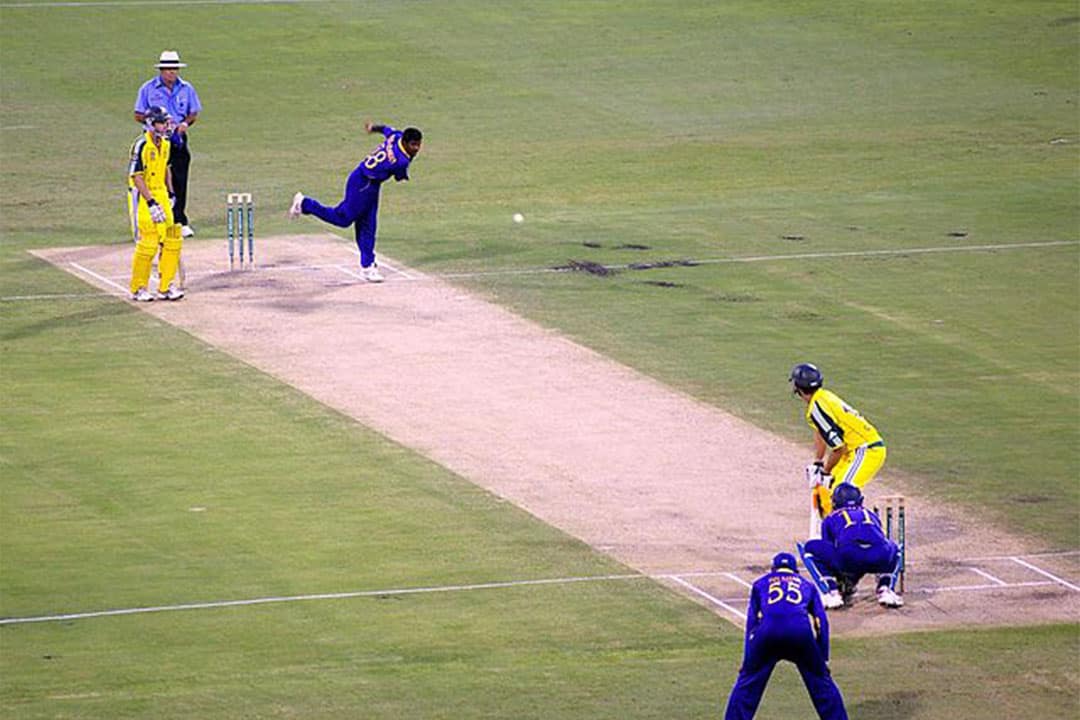123 years ago, the Devon and Somerset Wanderers Cricket Club played against the Paris Athletic Club Union in a two-day match that was subsequently awarded Olympic status. In 2028, cricket will make a ‘return’ to the Olympic Games, with a far enhanced geographical footprint in a format of the game unimaginable to the gatekeepers of the early twentieth-century game.
As part of a wider project of Olympic expansion — with flag football, lacrosse, baseball/softball, and squash included in the 2028 programme — cricket will feature in the form of six teams competing in twenty-over (T20) competitions for both men and women. The shorter format of T20 games, where each side faces only 120 balls per game, has driven the game’s growth in recent years. The burgeoning popularity of the Indian Premier League spawned several T20 leagues across the world, including Major League Cricket in the US and Canada’s own Global T20.
After the International Olympic Committee (IOC) announcement of the Olympic expansion, IOC President Thomas Bach said, “We see the growing popularity of cricket, particularly the T20 format. The Olympic Games will give cricket a global stage and the opportunity to grow beyond the traditional cricket countries and region.”
Echoing that statement, the Canadian men’s cricket team Captain Saad Bin Zafar told CBC Sports, “Having cricket in the Olympics means an interaction of a global audience… Cricket has a huge fan following outside North America. [The] Olympics has a huge fan following across the world and [it’s now] an interaction of two different fan bases merging into one.”
For the game’s players, volunteers, and supporters in North America, this may very well be the development it needs to break into the sporting mainstream. Cricket has been seen as something of an outsiders’ game to North Americans, first as a British game and then as a game primarily played by athletes from a West Indian, South Asian, or Australian background. But with greater immigration, particularly from India, Pakistan, Bangladesh, and Sri Lanka, the game is beginning to enter the mainstream in North America.
Issues of funding have always held the game’s development back. Balls, pads, bats, helmets, gloves, and boxes do not come cheap for individuals, particularly for those from disadvantaged socioeconomic backgrounds. Additionally, the game itself requires huge amounts of space and well-kept green spaces. For players looking to compete at a higher level, the need for particularly prepared wickets also requires vast financial outlay.
Olympic inclusion means more eyeballs on the sport over the summer of 2028. But the hope is that the boost is more than fleeting and that Olympic inclusion in 2028 — which is to be held in Los Angeles, US — and in 2032 — which is to be held in Brisbane, Australia — will provide a catalyst for greater investment in the sport, increased participation, and better game quality.
Olympic inclusion guarantees increased funding from government bodies in multiple countries. The hope is that this status, coupled with increasing popularity at home and the commercial opportunities that come with it, could convince Canadian national sporting bodies to increase funding at elite and grassroots levels.
With only six teams participating in the 2028 Olympic cricket games, the chances of a Canada team qualifying would appear slim — Canada currently sits 20th and 31st in the global men’s and women’s T20 rankings, respectively. But with the Cricket World Cup set to expand from its current 10-team format to include 14 teams, incremental improvements may help restore Canada to regular appearances at the world’s elite cricket tournaments.
There are debates about the prestige of the contemporary Olympics, and concerns about whether commercialization, doping, collaboration with dictatorships, and an ever-burgeoning array of sports have diluted the amateur ethos of the original Olympic mission. But even given the cynicism of the age, Olympic status still confers a certain prestige, associated practical benefits — and a sense of pride for all involved.


